(Un)Popular Opinion: Stop Thru-Hiking with Zero Money
Carrying a backpack through the wilderness for thousands of miles for what could be as long as six months may not sound like an activity that demands much financial support, but thru-hiking is not as inexpensive an endeavor as you may imagine. According to the Pacific Crest Trail Survey, thru-hikers who complete the PCT spend an average of nearly $$7,400 over the course of the trail (the median is $6,800).
While it’s true that backpacking does not have to be an expensive activity (especially once you’ve secured all your gear) when backpacking essentially becomes your life for some time (i.e. on a long-distance thru-hike), things can add up quickly. This is especially true when you realize that it’s impossible to predict the conditions on a long-distance trail in any given year. Snow, fires, pandemics – all things that can mean your thru-hike will incur more costs than anticipated.
I’ll be the first to admit that one of the reasons for my first thru-hike was the fact that I had a limited supply of money that I wanted to stretch as long as possible. That said, I had money saved for the hike. I’m not trying to say that you shouldn’t thru-hike on a budget. Yes, make a budget and stick to it – nothing wrong with that. What I’m saying is that thru-hikes cost money, and you should have money if you plan on completing one.
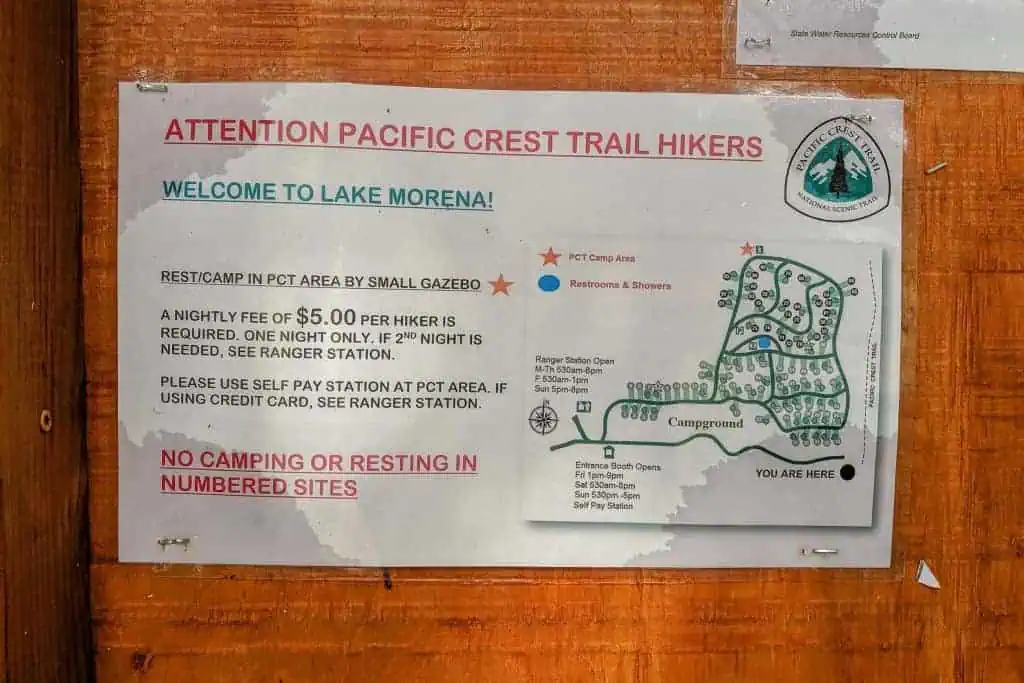
Thru-hikers often get the idea in their head that because they’re thru-hiking, the rules somehow don’t apply to them. Sleeping at a campground that requires reservations? Don’t need them. Sleeping at a campground that charges $5 a night? Don’t need to pay. Hotel only allows two people per room? Sleep ten to a room. Campground charges for showers? Sneak in and shower for free.
Is it possible to thru-hike on a shoestring budget? Absolutely. However, thru-hiking doesn’t give someone the right to be a trash human.
Did you arrive in town early and hit the only breakfast spot hot off the trail? Sure, sit at your table, charge your devices, stink up the place (because you most certainly stink), order your coffee, use the Wi-Fi, and linger for hours longer than any normal patron would, but when you leave, you had better tip like you’ve got money burning a hole in your ultralight wallet.
Did a trail angel pick you up from the trail, let you stay at their home, afford you a shower, cook you food, do your laundry, charge your devices, treat you like the incredible person you think you’ve become? That’s amazing. And you had better, at the very least, offer up some compensation for all the time and energy they’ve dedicated to ensuring your hike is as amazing as your friends back home imagine it is.
I’ll let you in on a secret. Trail towns don’t like thru-hikers because they’re thru-hikers. Trail towns like thru-hikers because they bring business. For the communities along the long-distance trails of the world to continue to support thru-hikers, hikers need to be seen as a group that brings business and respects rules, not one that takes advantage of a place’s hospitality.
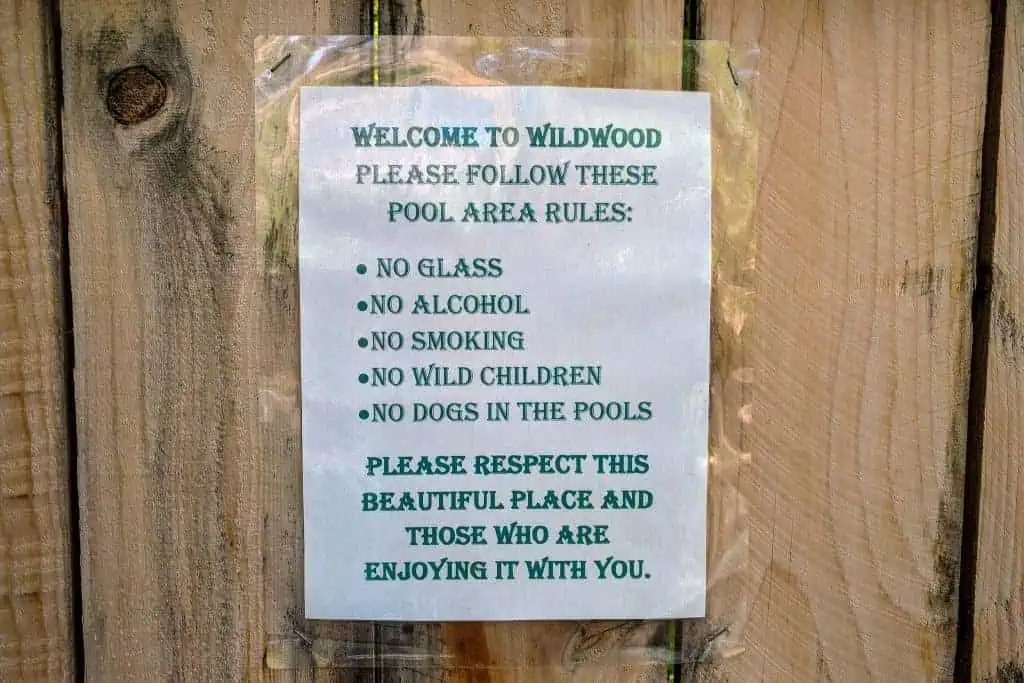
It’s impossible to anticipate what will happen during a thru-hike. Here are just a few examples of what thru-hikers may encounter (and have to spend money on) during their hikes.
- Hotel stays due to injury, illness, weather, fire, or any number of occurences
- Transportation to avoid a closed section of trail (hitchhiking
- Replacing gear that has failed
- Replacing shoes that have worn out
- Having to resupply somewhere with absurdly high food prices
- You want to treat yourself occasionally because you didn’t anticipate how grueling a multi-month hike would be
Remember you are just one of the dozens, if not hundreds of thru-hikers any given person or establishment has seen during the thru-hiking season. Individual actions in town and on the trail set the tone for how the rest of the world perceives the thru-hiking community. If you don’t have money to leave an awesome tip at a restaurant you’re clearly taking advantage of, don’t go to that restaurant. If you don’t have money to pay the additional fee for an additional person in your hotel room, don’t stay in that hotel room. If you don’t have money to pay the fee to stay at a campground, don’t stay at that campground.
Yes, you can thru-hike on a budget. No, you can’t thru-hike with zero money. Do yourself a favor and save more (perhaps as much as 25% to 50% more) than you think you’ll need for a thru-hike. Things can add up quickly, especially in town.
And don’t be that person who attaches yourself to a group of hikers and takes advantage of their kindness. It’s one thing to accept kindness from someone; it’s another to take advantage of. Being a thru-hiker does not exempt you from the rules and does not give you the right to be an asshat.
If you run out of money during your thru-hike, find more money or start reaching for that credit limit. Can’t find and don’t have more funds? Guess your thru-hike is over.

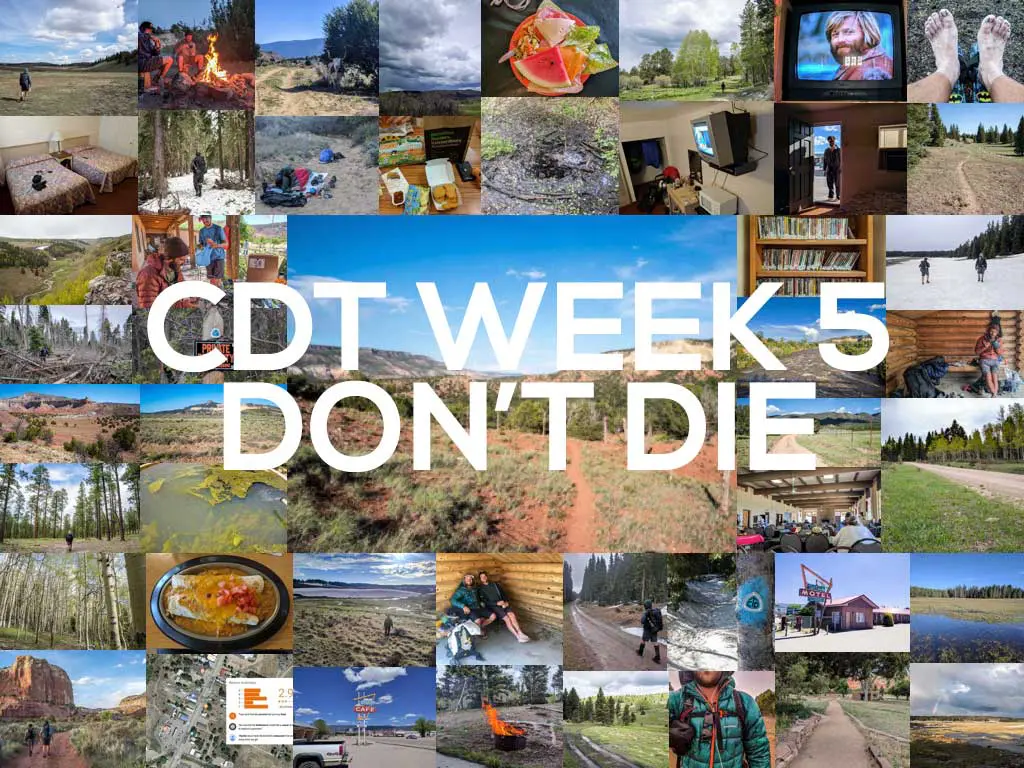
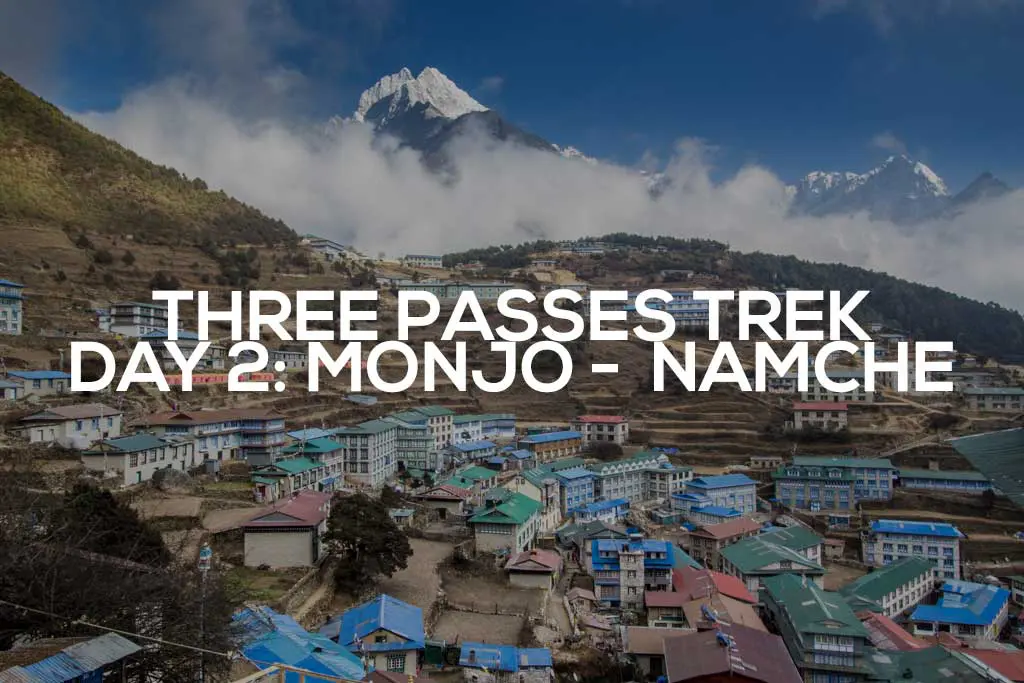
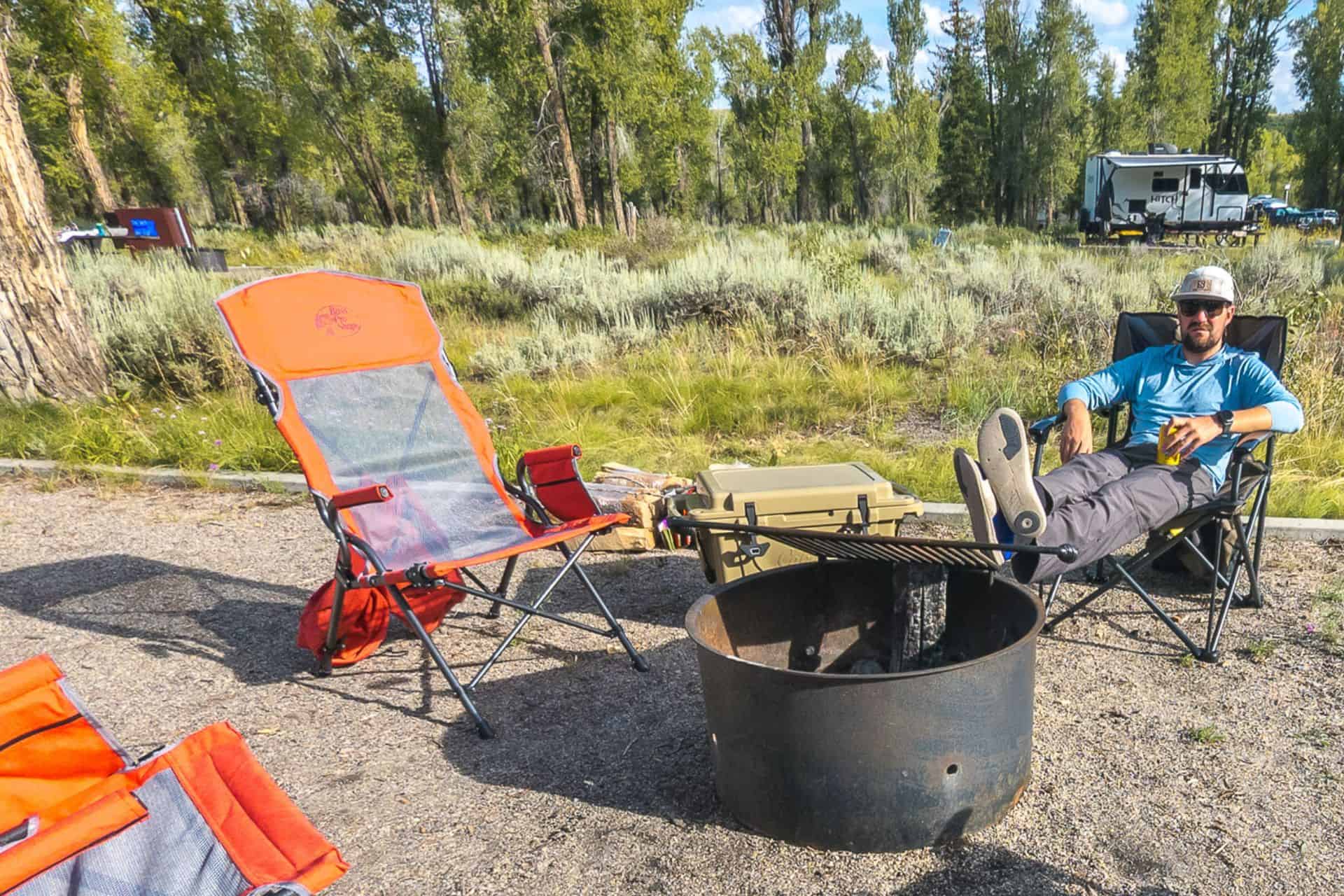
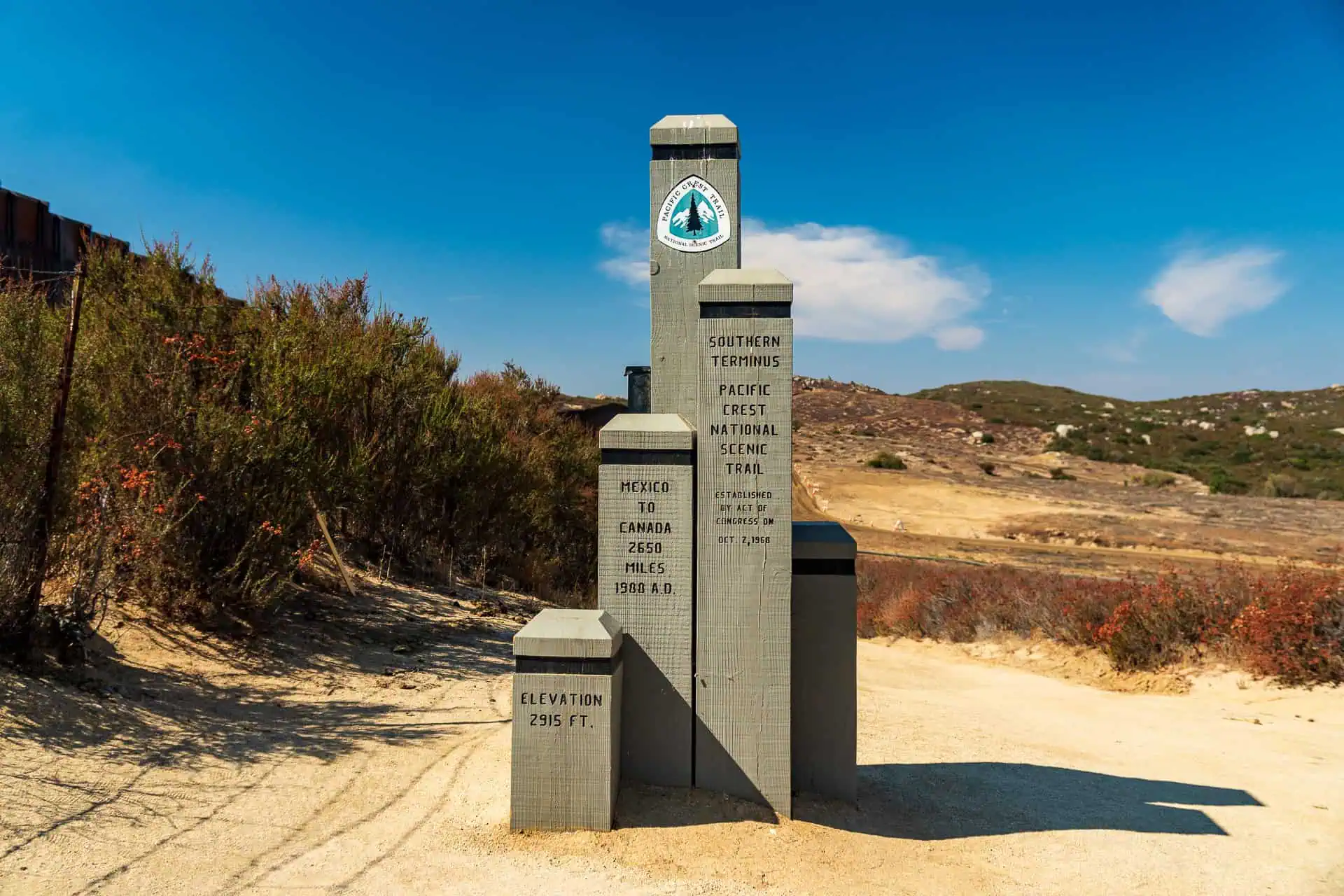
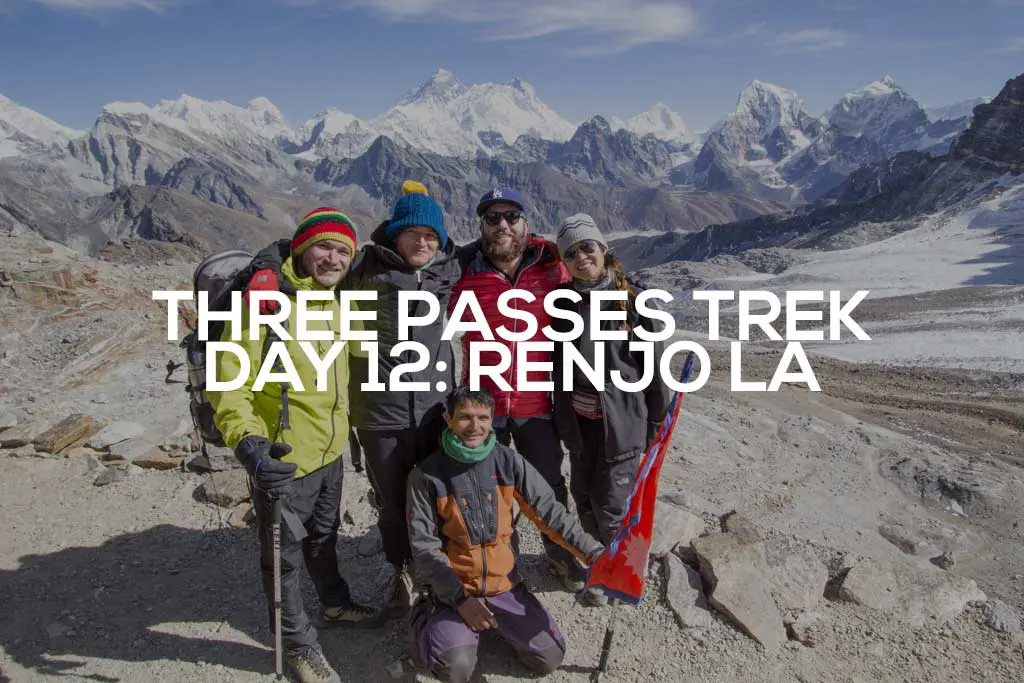
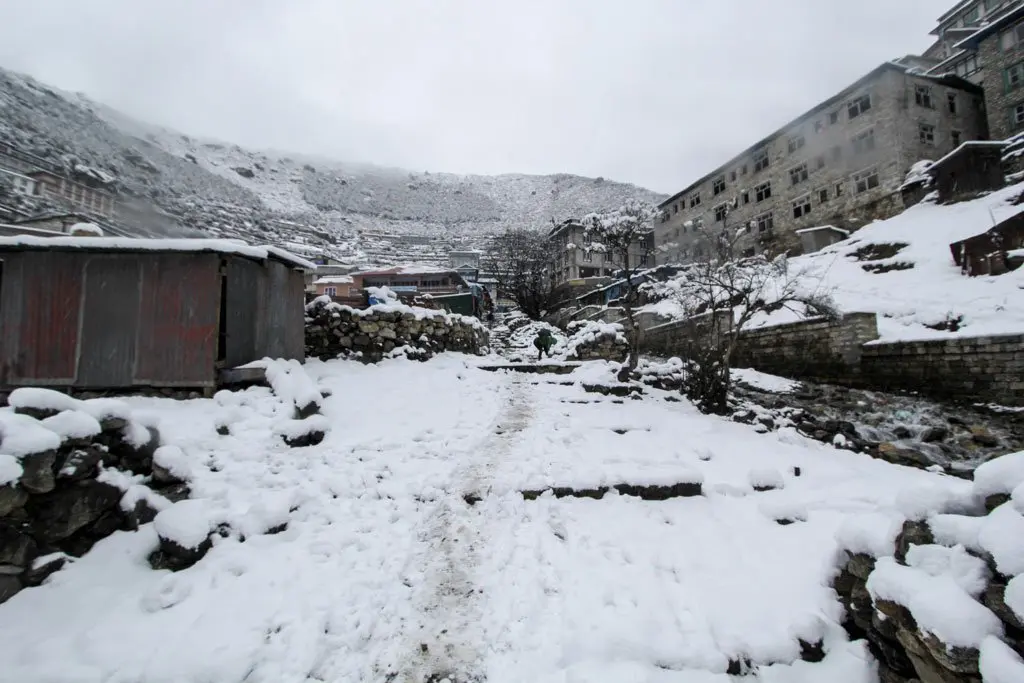
Folks hiking on a lean budget should emulate the old-timers, before thru hiking became popular: eat Minute Rice and sleep in the woods. Cheap. Hotels cost money, restaurants cost money. Fortunately, those are luxuries, not necessities. If you do use those amenities, you should be prepared to pay for them, and to tip service workers who are trying to earn a living while you’re on vacation. Taking six months off paid work to hike a long distance trail is a PRIVILEGE. People may generously offer to help you, but no one owes you anything for this lifestyle choice.
Sounds like you understand the dynamic quite well.
Needed to be said; thank you. I’m hearing of trail shuttlers burning out from lack of recognition and financial help. People talk of a sense of entitlement but I think most people just haven’t been told/taught expectations. I’m now including in my standard shuttler message the following: “PS as this has recently been the subject of spirited discussion on Colorado Trail Facebook pages: I really enjoy helping Colorado Trail hikers and don’t charge fees for shuttles, but donations toward gas, car upkeep and my time are gratefully accepted.”
Keep doing what you’re doing!
I was just thinking about this idea, what a coincidence I stumbled upon this post!
You’re definitely not alone!
I started thru hiking the AT when I lost my job. I didn’t have 6k but I wasn’t broke either. I made it about 400 miles in before I got injured clearing debris from a storm off the trail. My money got eaten up in hospital bills and hotel stays. I remember a Trail Angel went way above beyond and let me stay in the shed for a couple of 6 weeks to recover. I ended up renting the shed afterwards for a fair cost for the winter. They willing to let me stay free but I insisted. The guy helped me land a small job on ranch and I worked up enough to finish the hike the next spring. Still talk to them to this day.
That’s quite the tale, Commander Waterfall. Thank you for sharing.
Loved this article. Thank you.
“Did you arrive in town early and hit the only breakfast spot hot off the trail? Sure, sit at your table, charge your devices, stink up the place (because you most certainly stink), order your coffee, use the Wi-Fi, and linger for hours longer than any normal patron would, but when you leave, you had better tip like you’ve got money burning a hole in your ultralight wallet.”
If I do find myself doing this, and really would appreciate being able to stay in that breakfast spot for a while, so I do just as I do off the trail: I keep ordering one thing after another, paying periodically. So breakfast turns into lunch turns into early afternoon snack and beverage. I would pay three times during my restaurant visit if that’s the case.
People take up perfectly good seats in that well-known coffee shop/Wi-Fi hot spot, there for hours, only having purchased, say, one coffee the entire morning, while other people await that seat. It happens on the road (trail towns) and it happens at home.
And yes, tip well. If you can, do “pandemic tipping” – more than 20 percent.
I honestly don’t know how Cheryl Strayed did it (but I give kudos to her) with $20 here, $20 there. OK, the 90s, and I am not adjusting for inflation. I did the AT in 2016 with $5,000, and realized as I was about halfway through that this was not going to be enough money, since I do like staying in hostels and good food. Fortunately, I had far more than that in savings and peeps also willing to help.
Plan accordingly.
Exactly. Contrary to popular belief, buying a coffee does not magically turn a place into your place of residence for the day.
I did the AT in 2010 on $2,300. 5 months. I did woods zeroes and neros, got resupply at dollar general and cheaper grocery stores. Ate at subway usually. Work for stay at hostels when I could.
Never felt I deprived myself. Now, I decided I want to do it full time, probably stay with a friend in the winter.
Thanks for writing this article Mac. It was definitely an introspective journey reading this. At times I have definitely been that hiker trying to skimp and save money and have not being courteous of the trail towns and communities around me. I have definitely learned a lot since I first start long distance hiking a few years ago (started when I was 18, for context). I think in some ways with the growing popularity of long distance hiking and growing number of trail angles (especially the southern part of the AT), it is easier for hikers to get into this mindset or at least be around more people who have this mindset. I’m curious what are your thoughts on how we can help hikers be more appreciative of towns and the community around them, in many ways I think it’s bigger than just money. I ask because as I said earlier, I know I have made these mistakes in the past, and only with years of hiking and love for long distance backpacking am I able to look back at times where I have made these mistakes and have come to a place where I am a more thoughtful and respectful hiker.
I think a big part of it is simply leading by example. We all make mistakes, but what’s important is that we are able to look at what we’ve done in the past and learn from it while helping those around us to avoid making the same mistakes. Educating future thru-hikers and shedding light on the issues within the thru-hiking community is how I hope to help better serve the trails and their communities in the future. Happy to hear you’re along for the journey, friend.
YES! I’ve met too many hikers not willing to pay their way. In most places, it costs to provide hikers with water. It certainly costs to provide power and food. Don’t get me started on the expense of providing transportation. I never mind that TAs have mandatory fees (please be clear before I get in the vehicle, though.) It is always cheaper than a taxi/Uber–if either of those is actually available. Adults EXPECT to pay their own way. I don’t think this is a ‘hike your own hike’ thing–I think it’s a personal responsibility. The world is not your mom.
Thanks for the article!
Well said. Just because you’re (presumably on vacation) hiking a long-distance trail, it doesn’t mean the world owes you anything.
Very very well said. I remember while thru hikingthe AZT this yr there was a hiker (a very fit one that could do 30 mile days) at the Mather campground at the GCNP south rim. There was a designated camping area for thruhikers and the park rangers made an extra effort to accommodate thru hikers. It was$10/ nite and you needed a credit card. If you didn’t have a credit card and only had cash the the rangers would let you camp for free since they really couldn’t deal with cash. This hiker had a credit card but told the ranger he only had cash so he camped for free. Same hiker told rangers he didn’t need a permit to camp down in the canyon (south rim to north rim) cuz he was hiking thru and not camping in the canyon. He did camp at rhe bathroom near the Supai tunnel below the north rim. There was a ranger waiting for him at the top but we all covered for him saying we didn’t see him. I felt really bad lying to the ranger and the next day when I caught up to him I told him I didn’t like lying to the ranger and I was never going to do that for him again. This guy hiked in a bathrobe that he stole from Callahans when he thru hiked the PCT. Very intelligent human being and actually quite charming at times, but I now realize he’s not a good example of a thru hiker. Thanks again for calling attention to this type of undesirable behavior.
I was on the AZT this year, too! I didn’t meet this bathrobe hiker, but he sounds like a bag. I’m sorry you were put in that uncomfortable position. Next time, sell him out.
Scavengers are gonna scavenge. Hike your own hike. Mind your own business.
What a metered, levelheaded, well thought out and rational response to the author. Really driving those talking point home in a level headed way that convinces me your are completely full of shit. Stop your hyper reactionary bullshit you child. If you’re walking into someone else’s community just to shit on the people and skirt the rules, just do us all a favor and let exposure take you.
Name checks out
Couldn’t agree more!!! So frustrating to see behaviors like this happening more and more…love how you articulated “doesn’t give someone the right to be a trash human” – exactly my thoughts lately on most outdoor activities, not just thru-hiking…..It’s a CHOICE to show up and choose a “fuck it” mentality and leave trash, no trail courtesy, etc. – not caring to preserve it for others. Thanks for writing this and voicing what many are thinking and feeling!
It’s sad to see those hikers that many others look up to as examples and role models behave in such unbecoming ways.
Part of it might generational thing as well, a lot of people are entitled these days so they take that to the trail. Taking advantage of peoples hospitality is more common place on the trail then you might think, sad but true.
Believe me, I know how commonplace it is; it’s exactly why I wrote this article.
Hiking isn’t just for wealthy people. Are you equating ones economic standing to a label of, “trash human”? That’s a bit harsh. Poor people arent trash. The author comes across as a windbag. If you don’t like bums don’t hike with them. It’s simple. It’s sophomoric and silly to complain about poor people thru-hinking. That’s all you have to write about? I’ve read better articles written on the inside of a privy with a sharpie marker. Don’t quit your day job champ.
You’ve clearly misunderstood the above article (assuming you’ve read it). Poor people are not trash. Trash people are trash. Hiking is for everyone, rich or poor. However, thru-hiking, like it or not, requires money – not “wealthy people” amounts of money, but money nonetheless. If you want to thru-hike on a shoestring budget, more power to you. That said, not having money doesn’t give you the right to disobey laws, disrespect rules, or take advantage of others.
Sincerely,
The guy whose day job it is to write these articles
The hiker trash thing should probably be phased out. It’s not a sustainable model.
Clearly you didn’t read the article, considering my comment was actually “quoting” the author ♀️ – how about you try that first before responding. And Mac and Ferdinan’s responses are spot on.
Furthermore, being a “scavenger” doesn’t give someone the right to disrespect and take advantage of others while ruining the wild outdoors and experiences for others.
It blows my mind how irrationally difficult it is for some people to just do the right thing and be kind to others (i.e. not be a jackass and clean up after themselves). Why is it so hard to leave things better than how we found it?
This is exactly the kind of douche bag that gives thru hikers a bad reputation. I met quite a few of these types on my thru in 22. Not cool. I felt like I was always apologizing for them to people supporting hikers.
this guy missed the point and is offended because he is poor. You can still be poor and not be a total dickhead to people trying to support your hike.
Wow! I totally agree with every single paragraph in this post. I want this article to be the first section of ever guidebooks of Shikoku Pilgrimage in Japan. Thank you for writing this.
Having lived and hiked in Japan for many years, I can attest to how expensive it can be to appropriately embark on long-distance adventures around the country.
Thank you! Your article was so well written. As a trail angel who tries to go above and beyond – I so appreciate just the offer of a donation.
Exactly. I do not support the “trail angels” who “require donations”, but if someone helps you out – particularly if they go above and beyond – the least you can do as a hiker is offer.